EXCLUSIVE: Moldova’s Elections: Choosing Path or Balancing in Between?
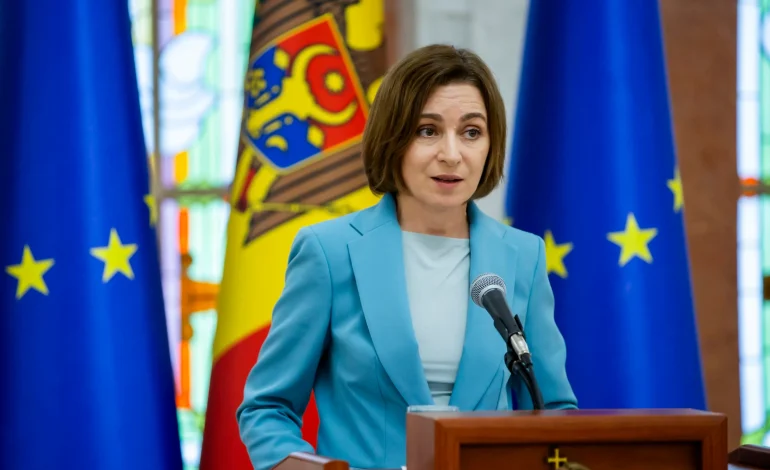
Moldova is heading into parliamentary elections with a lot on the line. From the outside, many people don’t really see this vote as being about the usual domestic issues like jobs or corruption. Instead, they frame it as something much bigger: geopolitics. In their eyes, Moldova is standing at a crossroads — either move closer to the West or stick with its long-standing ties to Russia.
American political scientist Agnia Grigas put it like this:
Moldova’s upcoming parliamentary elections will determine the strategic direction of the country and are more a reflection of geopolitics rather than the country’s domestic politics. Moldova and Belarus remain the only European countries where Russia still holds significant influence and countries Moscow wants to hold on to as its springboard to Europe. Joining EU would be a major strategic shift for Moldova as it would join the Baltic States of Estonia, Latvia, and Lithuania
That’s one way to look at it, and it’s the way a lot of Western analysts tend to frame the story. But if you zoom in on Moldova itself, things are a lot more complicated than that.
Take Transnistria, for instance. Grigas calls it a “victim” of Russian strategy. But on the ground, that frozen conflict grew out of Moldova’s own internal divides: language, identity, culture, economics. Polls show that plenty of people in Transnistria genuinely feel closer to Russia because of history and personal ties. It’s not just about geopolitics imposed from the outside.
Then there’s the assumption that EU membership would automatically make Moldova safer. Sure, the Baltic States found protection there, but Moldova’s situation isn’t the same. Its economy still depends a lot on trade with Russia. Cutting that link too quickly could hit ordinary Moldovans hard, driving up prices and deepening divisions at home.
Sometimes stability doesn’t come from picking one side and shutting the other out. It comes from balance.
And if we’re honest, Moldova’s biggest struggles over the past decades haven’t really been about geopolitics at all. Corruption, weak institutions, and economic hardship have shaped daily life far more than the question of whether the country leans West or East. For most people, what matters isn’t “strategic shifts” but whether life actually improves.
Maybe that’s the real takeaway. Moldova’s geography and culture naturally put it in the middle, and that middle ground could be its strongest asset. Neutrality, or at least careful balancing, might not sound dramatic. But in practice, it could be the most realistic path to keeping peace and stability at home.
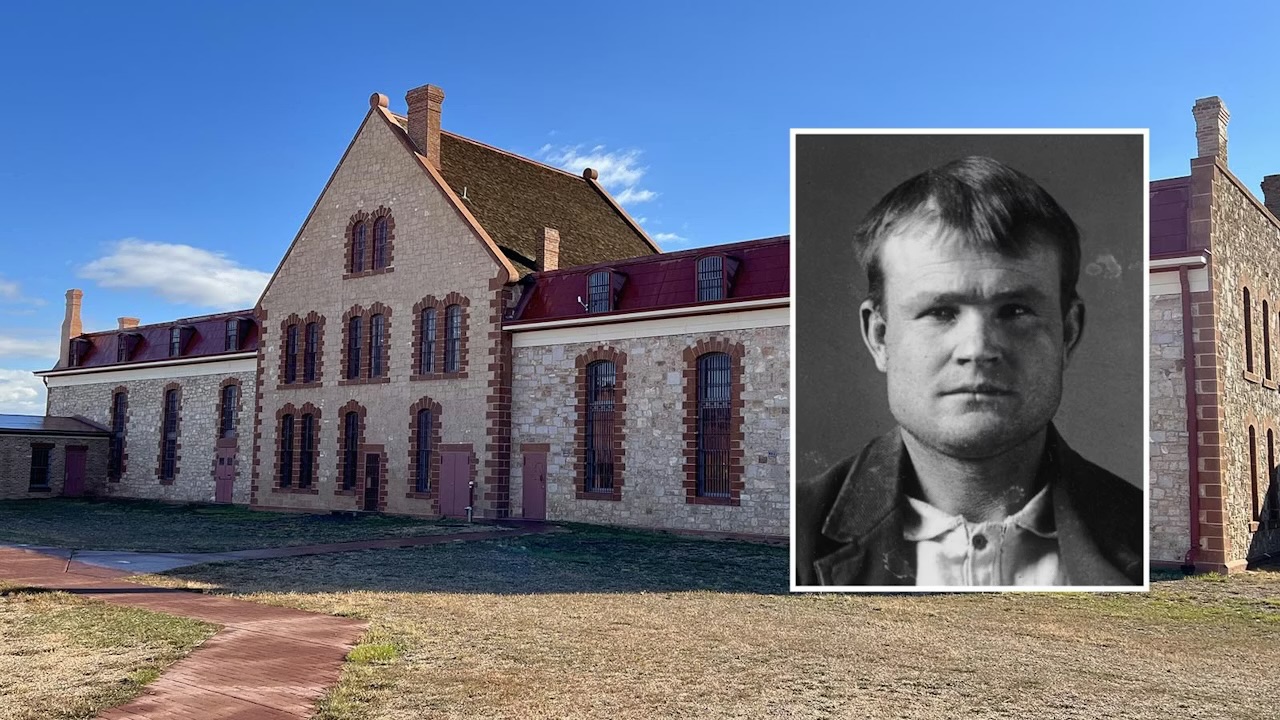
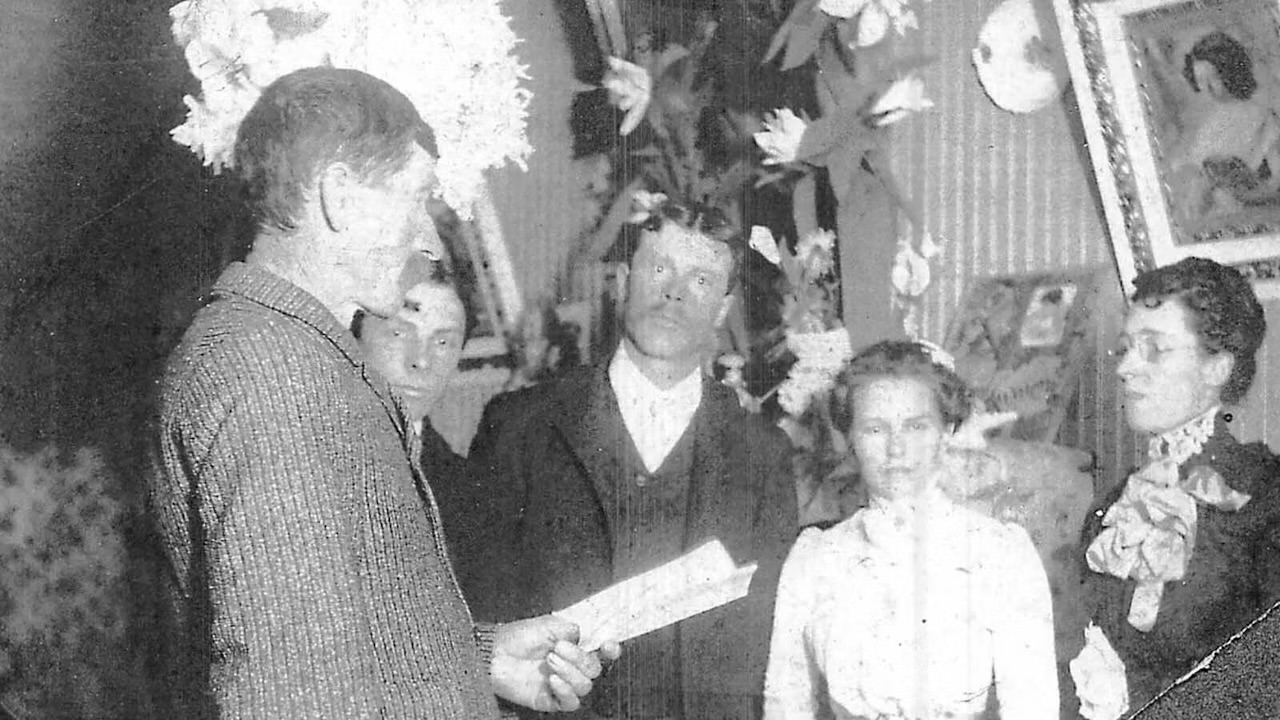
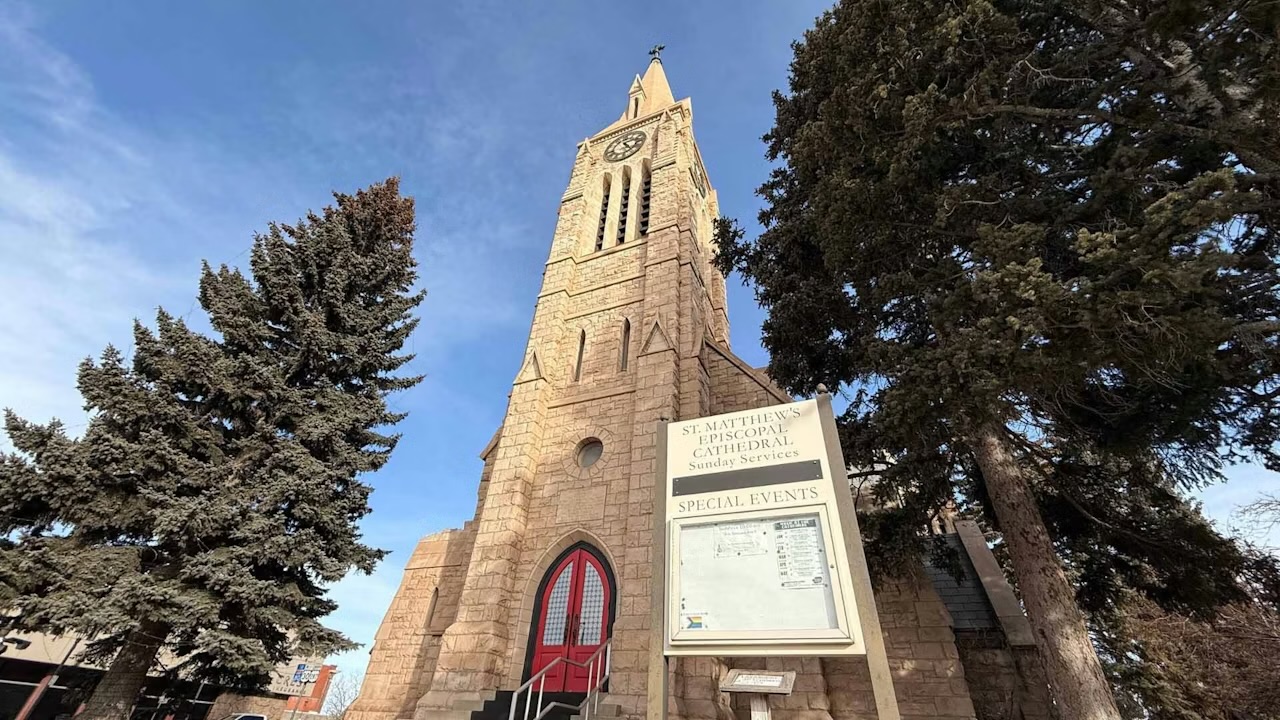
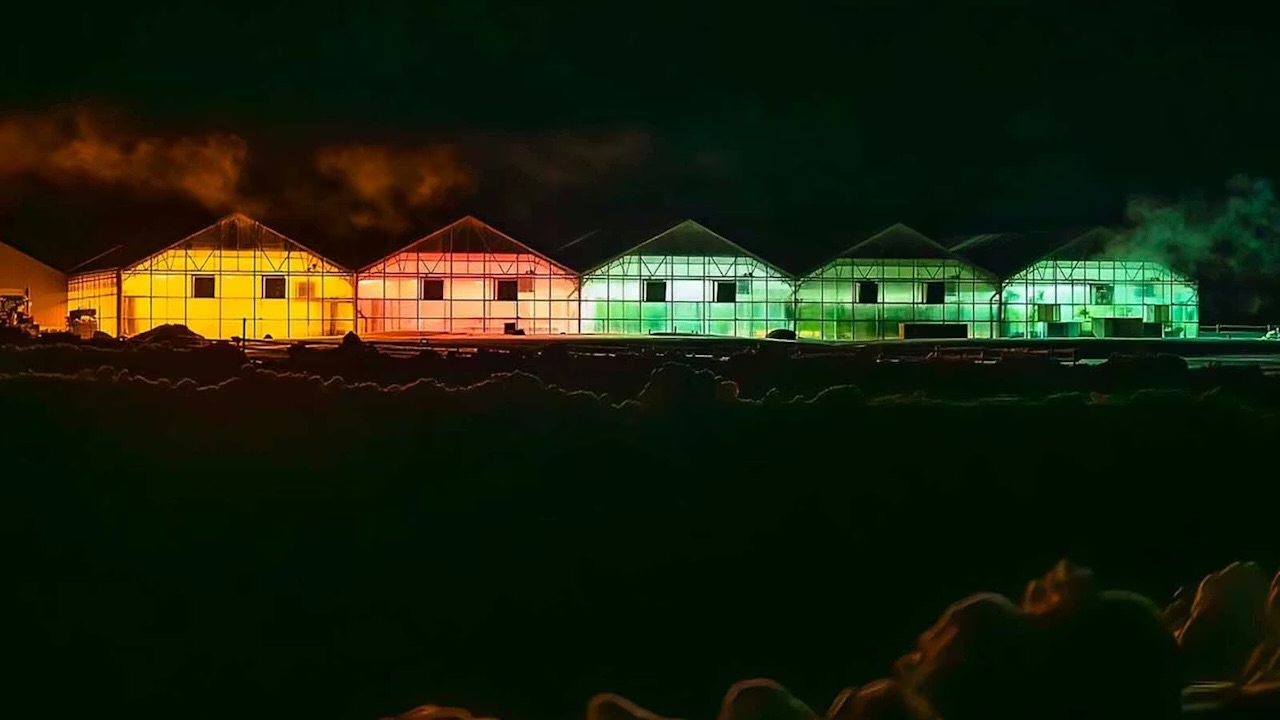
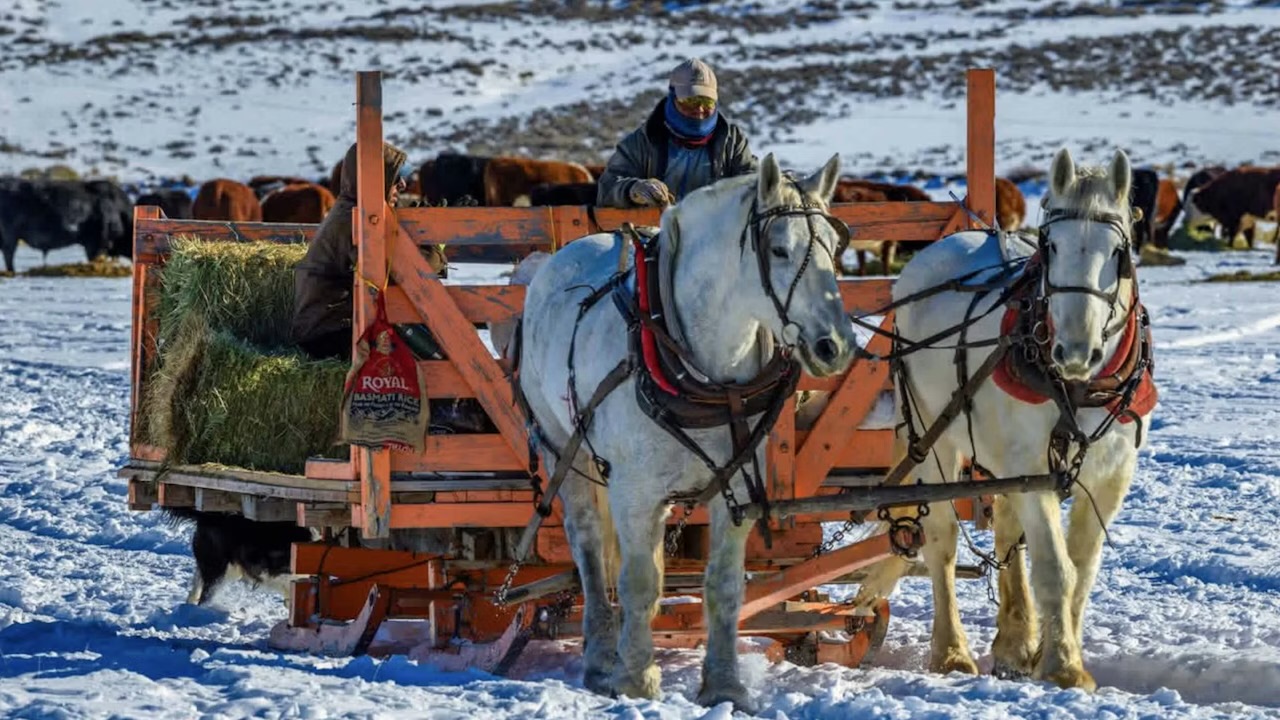


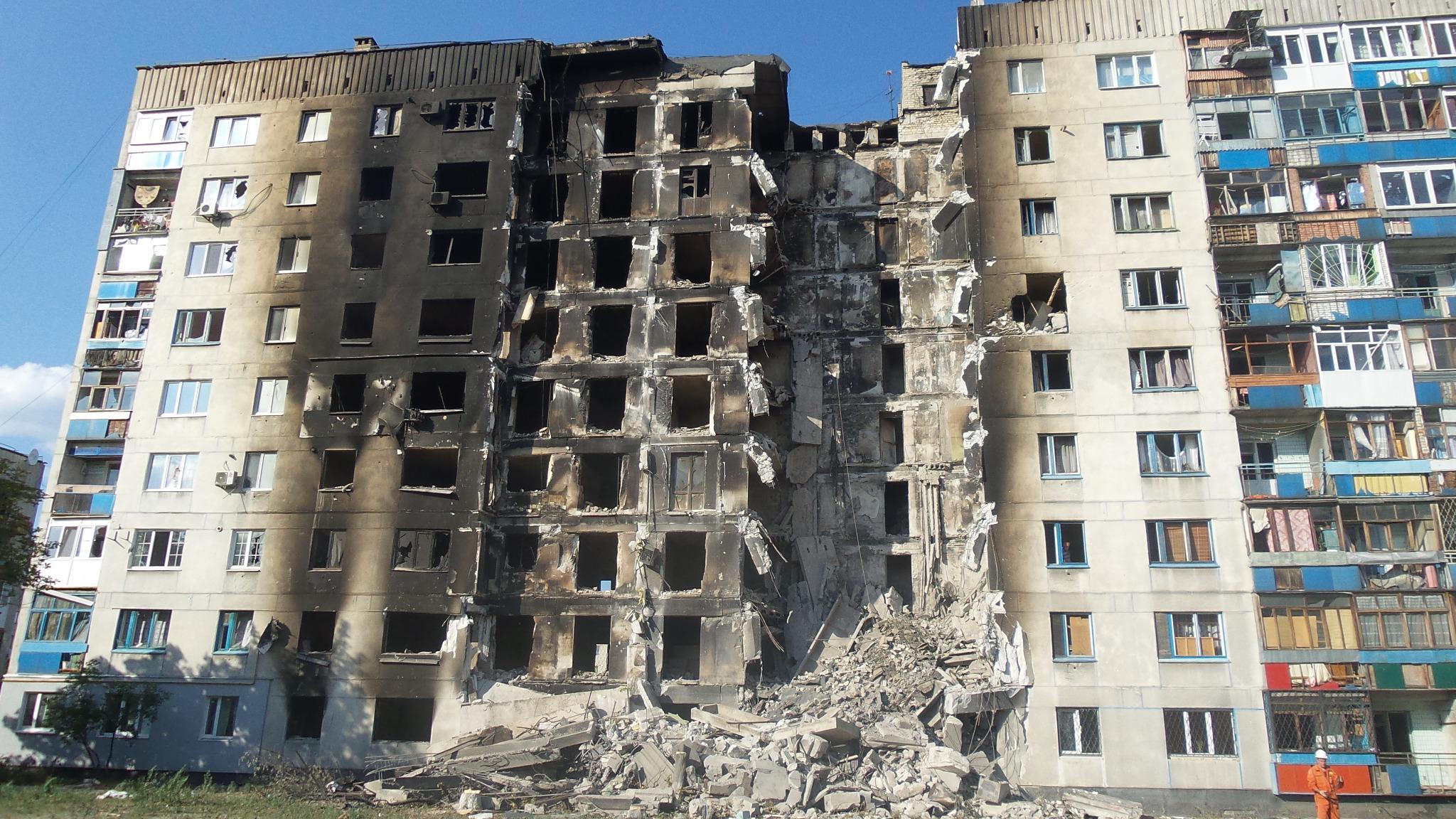

The latest news in your social feeds
Subscribe to our social media platforms to stay tuned